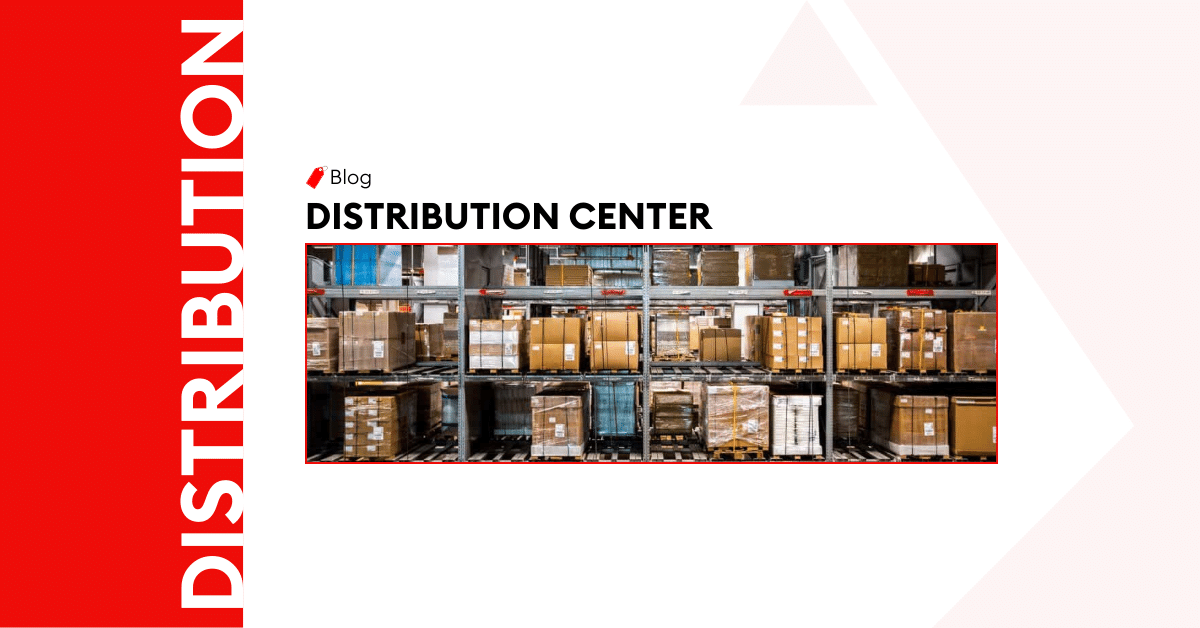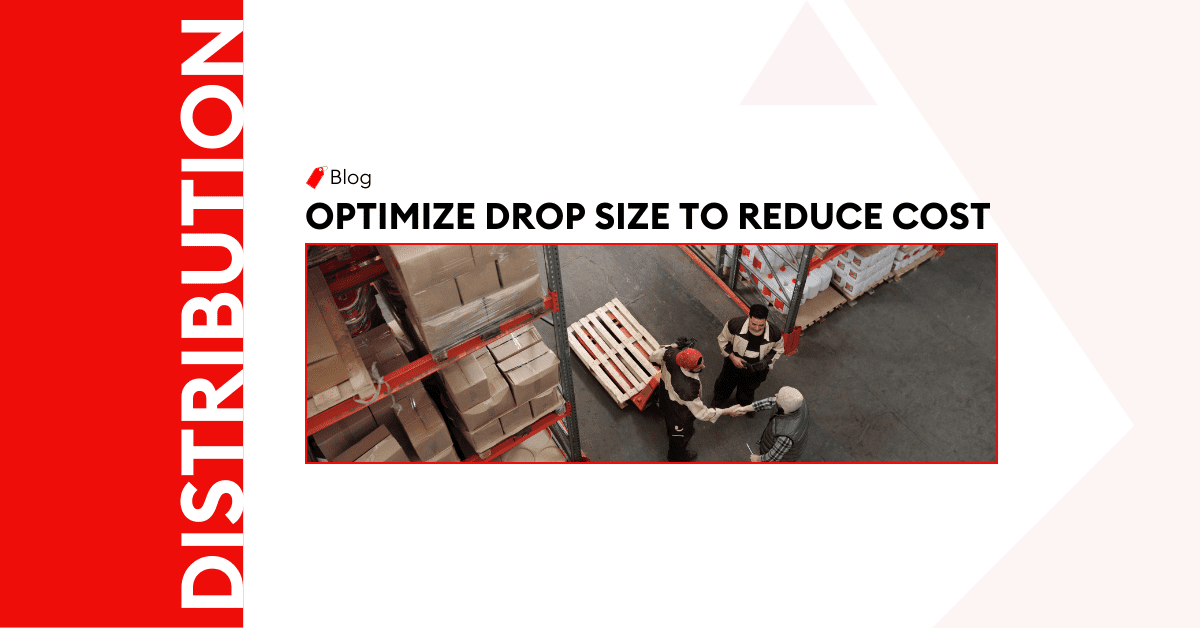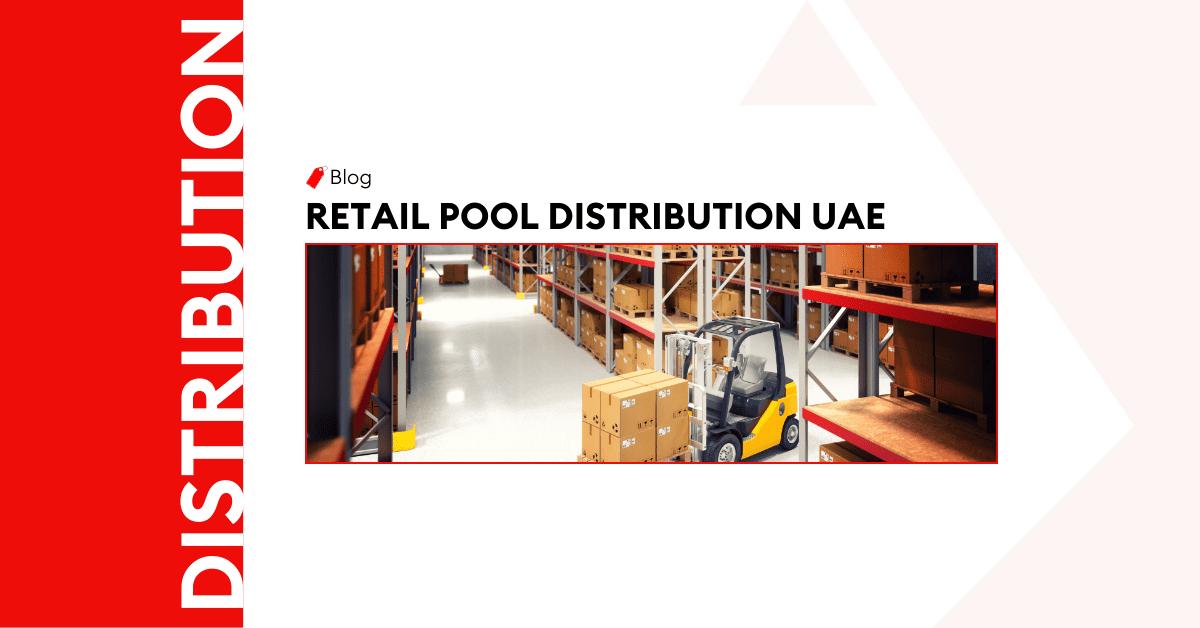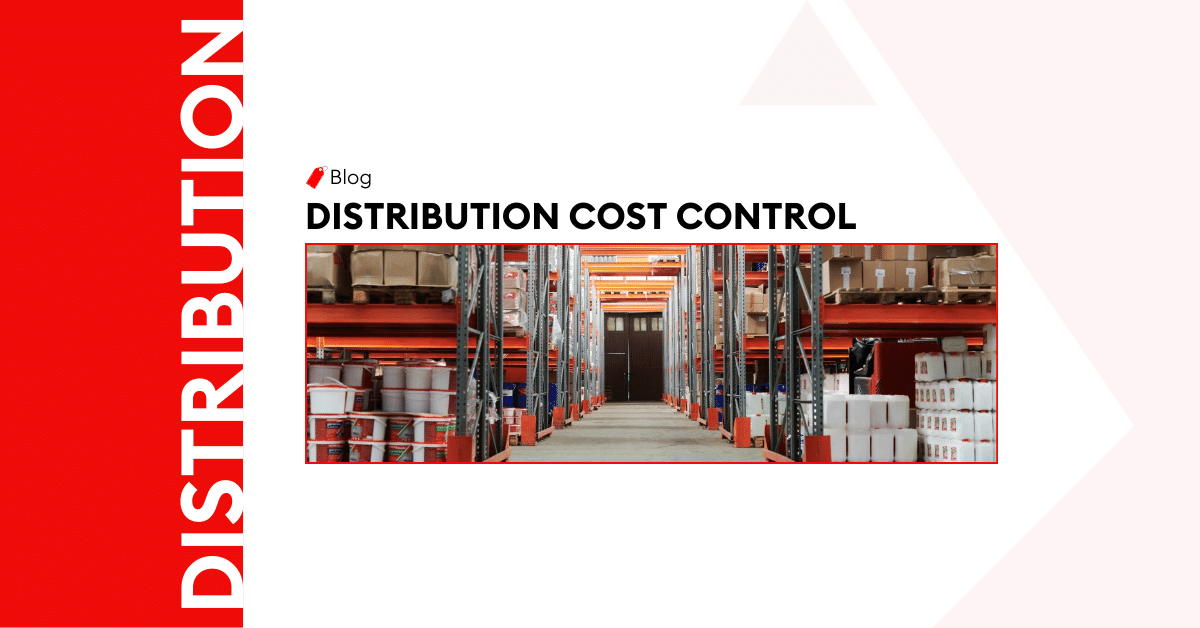
What Makes a Distribution Center Different From a Warehouse – Revealed
A distribution center is an important component of modern supply chain logistics. Some of its benefits include saving costs and enhancing customer satisfaction.
But how is it different from the simple warehouse your business operates?
This article will show how utilizing a distribution center benefits you quite more than just housing goods in a warehouse.
And why your business should engulf this knowledge for real growth.
What Is Warehouse Within Logistics?
A warehouse is simply a premises or a building efficiently constructed to stock goods and materials.
Utilizing a warehouse involves many benefits to businesses, irrespective of size. Chief among them is storing up goods to meet bulk volume orders during peak delivery seasons, like holidays.
However, it’s not just enough to make use of a warehouse. The right type of warehousing business is needed to store goods properly or even avoid human error. Types of warehouses include:
- Public warehouses
- Private warehouses
- Bonded warehouses
- Cooperative warehouses
- Consolidated warehouses
- Pick, pack, and ship warehouses
- Smart warehouses
- Distribution centers
- Temperature-controlled warehouses (frozen, chilled, ambient, and dry)
A variety of available warehouses with differing functions shows you why you need to select the right kind of warehousing facility for your business.
Some warehouses are used for other purposes asides from storing business products. These are classified into First, Middle, and Last mile, depending on how near a the facility is to the marketplace.
For the First Mile
In the first mile, a warehouse simply stores goods arriving from factories or sourcing areas.
It refers to extra space for holding unfulfilled orders for the supplier or manufacturer. Or simply a place to keep a large number of goods.
These can be bonded or non-bonded warehouses or facilities set up in free trade zones. Also, there are usually located within or near ports to haul goods to ships easily.
With this, businesses can combine goods and materials prior to exporting. In turn, this remarkably optimizes freight loads and overland movements.
For Middle Mile
In the middle mile transfer of goods, a warehouse acts as a distribution center for moving goods to order fulfillment centers. These refer to retail outlets, traditional stores, and facilities.
For Last Mile
In last-mile delivery, a warehouse operates as an e-commerce fulfillment center for receiving and delivering e-Commerce orders.
The facilities receive and store goods from factories. As the online store receives orders, the warehouse staff find, seal, label, and convey these goods to buyers. All this is possible due to top-notch inventory management systems.
Meaning of Distribution In Supply Chain Logistics
Distribution refers to the process of moving goods from source (suppliers or manufacturers) to final destination (end consumers or customers) via distribution channels.
A distribution channel consists of all the marketing elements needed to move a product from its source to the final user. These entities shorten the number of product transactions from producer to consumer.
Generally, the process of managing distribution involves logistics, warehousing, transporting, and inventory and distribution strategies.
4 Channels of Distribution
In last-mile delivery, a warehouse operates as an e-commerce fulfillment center for receiving and delivering e-Commerce orders.
The facilities receive and store goods from factories. As the online store receives orders, the warehouse staff find, seal, label, and convey these goods to buyers. All this is possible due to top-notch inventory management systems.
Wholesaler
In this channel, goods are transported from producers/manufacturers to wholesale dealers.
Retailer
The movement of goods from manufacturer or wholesaler to retail stores and outlets.
Distributors
This is the distribution of products from a source to authorized distributors like dealerships and high-end stores.
E-commerce
Goods are displayed virtually in the online space and directly transported to buyers.
Meaning and Benefits of a Distribution Network
Going a step further, quality distribution management for a business entails establishing or operating an existing distribution network.
This is a combination of warehousing, storage, delivery, and transportation facilities. Simply, it efficiently and effectively moves your goods from where you take them to where they need them.
So, how does a distribution network benefit a business in the supply chain?
- Reduce costs by saving time, business capital, and staff workforce,
- Minimize use of your resources to focus on essential business services,
- Reach more customers by distributing timely in large locations,
- Improve client fulfillment and feedback with promptly fulfilled orders, and
- Faster business growth by introducing your products through international agents and more.
How An Outsourced 3PL Improves Distribution of Goods in the Middle Mile and Last Mile?
Outsourcing to a 3PL (third-party logistics provider) for middle and last-mile distribution comes with a whole lot of benefits, such as:
- Minimize overhead costs and save on infrastructure
- Focus on other key areas of business
- Increase customer satisfaction with timely deliveries
A commonly talked-about disadvantage is that you lose control over this area of your business.
However, by partnering with Alsharqi, our distribution services ensure you never have to worry, as we take proper care of this area of your supply chain to help you maximize profits.
How Does Transportation Management in Distribution Add Value?
For a seamless fulfillment solution, link your order processing with our distribution services to organize reliable last mile delivery each and every time.
At Al Sharqi, we handle product deliveries via Full Truck Loads (FTL), Less than Truck Loads (LTL), or Parcels to DCs, wholesalers, shop, or end-consumers, all according to your requirements.
Full Truck Loads
When shipments are large enough to require the entire truck, it becomes possible transport goods at effective costs to ensure productive operations.
Also, reduce transit time by delivering directly to the final destination and avoid cargo handling en route.
Less than Truck Loads
Take advantage of transporting relatively small freight at a fraction of the cost of hiring an entire truck for an exclusive shipment.
Decrease handling expenses and possible damage during transit by configuring shipments with the least possible number of handling units.
Parcel Delivery
Where the need for fast, specialized, and individual services arises, the most optimal transportation mode is parcel delivery.
Our customer service team is happy to assist you with planing your next booking.

Related Articles
How To Optimize Drop Size to Reduce Cost and Increase Efficiency
It is an indisputable fact that the end goal of every business is to make sales. The drive for makin
How to Adopt Retail Pool Distribution in the UAE
In the UAE, there are a variety of businesses- small scale, mid-size scale, and large-scale business
Managing High Distribution and Fulfillment Cost in UAE
It’s great news that the UAE keeps establishing itself as a hub for several business models. I







Post a comment
You must be logged in to post a comment.